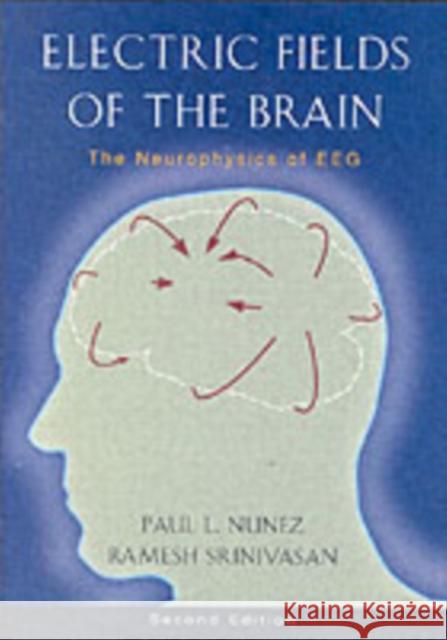Electric Fields of the Brain: The Neurophysics of Eeg » książka
Electric Fields of the Brain: The Neurophysics of Eeg
ISBN-13: 9780195050387 / Angielski / Twarda / 2005 / 640 str.
Electroencephalography (EEG) is practiced by neurologists, cognitive neuroscientists, and others interested in functional brain imaging. Whether for clinical or experimental purposes, all studies share a common purpose-to relate scalp potentials to the underlying neurophysiology. Electrical potentials on the scalp exhibit spatial and temporal patterns that depend on the nature and location of the sources and the way that currents and fields spread through tissue. Because these dynamic patterns are correlated with behavior and cognition, EEG provides a "window on the mind," correlating physiology and psychology.
This classic and widely acclaimed text, originally published in 1981, filled the large gap between EEG and the physical sciences. It has now been brought completely up to date and will again serve as an invaluable resource for understanding the principles of electric fields in living tissue and for using hard science to study human consciousness and cognition. No comparable volume exists for it is no easy task to explain the problems of EEG in clear language, with mathematics presented mainly in appendices. Among the many topics covered by the Second Edition are micro and meso (intermediate scale) synaptic sources, electrode placement, choice of reference, volume conduction, power and coherence measures, projection of scalp potentials to dura surface, dynamic signatures of conscious experience, neural networks immersed in global fields of synaptic action, and physiological bases for brain source dynamics. The Second Edition is an invaluable resource for neurologists, neuroscientists (especially cognitive neuroscientists), biomedical engineers, and their students and trainees. It will also appeal to physicists, mathematicians, computer scientists, psychiatrists, and industrial engineers interested in EEG.











